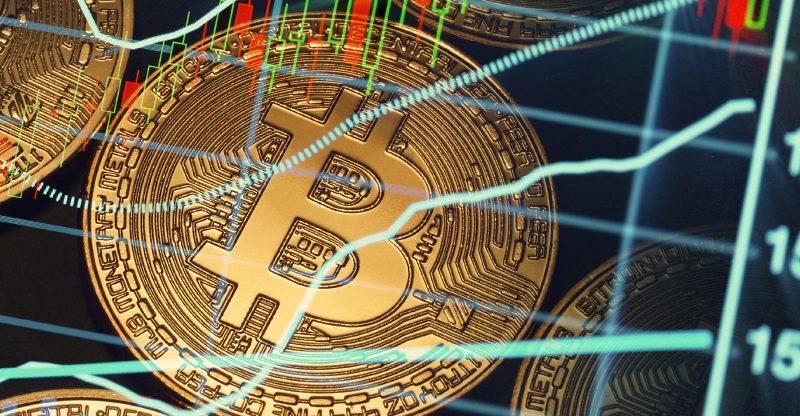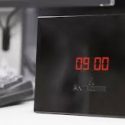Overview Of Bitcoin Last Week Friday
In this edition, we talked about the measures taken by Twitter against crypto scammers imitating the profile of Tesla’s CEO.
“The Daily: Twitter Blocks Bots Mimicking Musk, Coinvault Hackers Sentenced Twitter is trying a new strategy to address the issue with the numerous crypto scammers on the social network.”
Any unverified account that changes its display name to Elon Musk, the CEO of Tesla and SpaceX, is now automatically locked by Twitter. The Verge reported that access to any blocked account can be restored only after a CAPTCHA test is taken, providing a valid phone number.
A Twitter spokesperson said in a comment that, “As part of our continuing efforts to combat spam and malicious activity on our service, we’re testing new measures to challenge accounts that use terms commonly associated with spam campaigns. We are continually refining these detections based on changes in spammy activity.” The company did not confirm whether or not the policy is applied to other accounts.
The aim of such a move is to combat the growing number of bots active on Twitter imitating Musk’s profile to scam people. The procedure requires a user o confirm the authenticity of its account. Once it is done, the user can keep the display name of Elon Musk.
The operating mode of most scam bots is by replying automatically tweets from high profile figures, promising giveaways or investment opportunities. Elon Musk himself posted a comment earlier this month stating how impressed he is with the skills of scammers.
Operators of Coinvault sentenced to community service
Coinvault is a platform which based on Microsoft’s NET framework, encrypts system files and decrypts a singlr file before demanding ransomware payment in bitcoin (BTC).
A court in the Dutch city of Rotterdam has sentenced the two brothers spreading and operating the Coinvault ransomware for 240 hours community service. The brothers had been accused of hacking into about 1,300 individual personal computers in different countries including Netherland, the UK, France, and Germany.
After they agreed to cooperate with the police investigation, the pair, with a clean criminal record prior to its arrest, was spared prison sentences. In addition to the community service they have to perform, the brothers have to compensate all the victims.
The malware was discovered for the first time in 2014. At that time, its operators were requesting for a bitcoin per decryption key, 1 BTC then was worth about €220. According to investigators, the two men might have received close to 20,000 euros from their victims.





